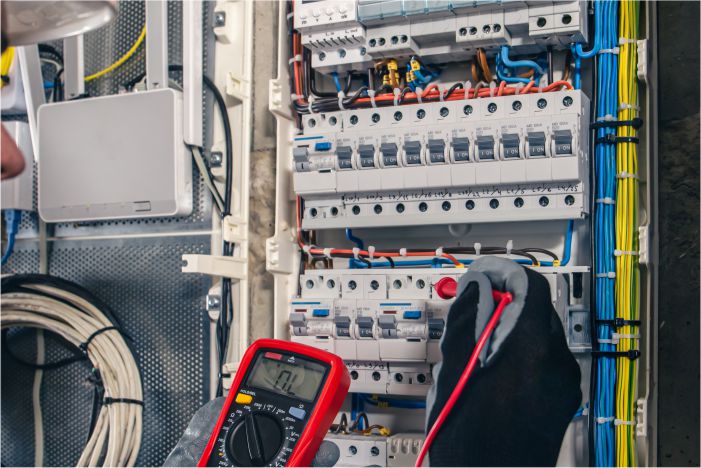Energy audits are comprehensive assessments conducted to analyze and evaluate energy usage patterns, efficiency, and potential savings within residential, commercial, or industrial settings. These audits aim to identify opportunities for reducing energy consumption, optimizing energy efficiency, and lowering operational costs. Typically, energy audits involve a systematic review of building systems, equipment, and processes to identify areas of energy wastage or inefficiency. This may include examining lighting, HVAC (heating, ventilation, and air conditioning) systems, insulation, appliances, and manufacturing processes.
During an energy audit, various techniques and tools are employed, such as on-site inspections, data analysis, and the use of specialized equipment like thermal cameras and power meters. The findings from the audit are compiled into a detailed report, which includes recommendations for energy-saving measures and improvements. These recommendations may range from simple behavioral changes to more significant investments in energy-efficient technologies or building upgrades.
Energy audits serve multiple purposes, including reducing energy costs, enhancing environmental sustainability, and ensuring regulatory compliance. They also help businesses and homeowners make informed decisions about energy management strategies and investments. Moreover, energy audits play a crucial role in promoting energy conservation and addressing climate change by reducing greenhouse gas emissions associated with energy consumption. Overall, energy audits are valuable tools for optimizing energy use, improving efficiency, and achieving long-term sustainability goals.

The replacement of old motors and transformers under a subsidized program is a strategic initiative aimed at enhancing energy efficiency…

Energy audits are comprehensive assessments conducted to analyze and evaluate energy usage patterns, efficiency, and potential savings within residential, commercial,…


